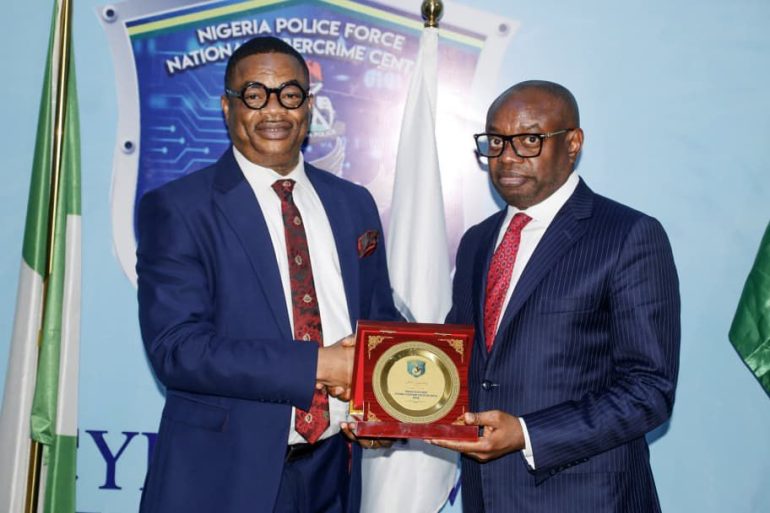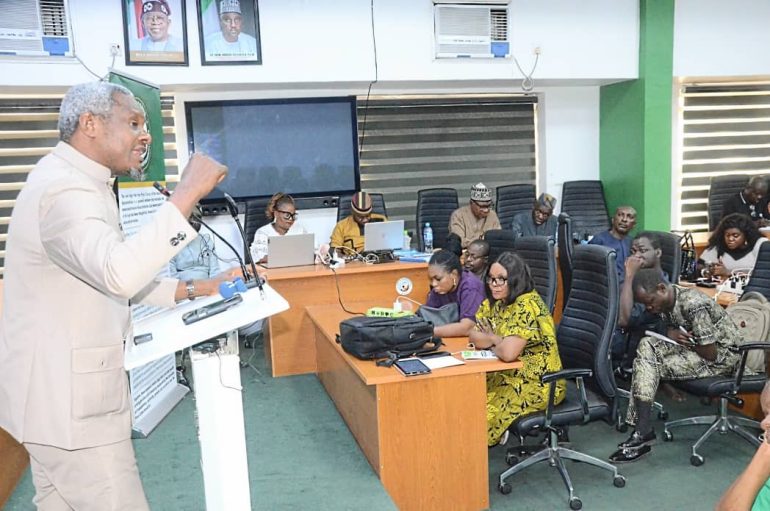Listeners:
Top listeners:
-
play_arrow
104.9FM Best rock music demo
-
play_arrow
Demo Radio Nr.1 For New Music And All The Hits!
-
play_arrow
Demo Radio Techno Top Music Radio
-
 play_arrow
play_arrow
Police Commissioner Launches Weapon and Riot Control Training for FCT Officers Democracy Radio

By Zainab Bakare
As Nigeria marks 65 years of independence, questions linger on whether citizens feel safer today than in decades past.
From the civil war of the 1960s to today’s fight against terrorism, kidnapping, and banditry, security remains at the heart of the nation’s struggle for stability.
In his Independence Day broadcast, President Bola Tinubu insisted the country is making progress.
“The officers and men of our armed forces and other security agencies are working tirelessly and making significant sacrifices to keep us safe. They are winning the war against terrorism, banditry and other violent crimes.”
However, experts warn that gains on the battlefield may not yet translate into lasting safety for ordinary Nigerians.
Dr. David Okoror, Chief Security Strategist at the International Institute for Security and Government Studies, said criminal networks remain a serious threat.
“There are issues of political will on the side of our leadership. Poverty and unemployment push many into criminality. Punishments for crimes are weak, and the use of technology in fighting crime is very low. That’s why kidnappers can use phones to negotiate and police say they can’t trace them.”
He pointed to recent high-profile attacks, including the killing of a journalist in Abuja, as proof that insecurity cuts across all regions.
“In the northeast, it’s insurgency and terrorism. In the northwest and north-central, it’s banditry, kidnapping, and mass criminality. Every geopolitical zone is affected.”
Dr. Okoror stressed the need for stronger political will, investment in local defense industries, and genuine community policing as long-term solutions.
At 65, Nigeria’s security story is one of resilience but also unfinished business.
Whether citizens feel safer tomorrow depends on how effectively today’s leaders confront these evolving challenges.
Written by: Julian Osamoto
#DemocracyRadio Insecurity Nigeria at 65
Similar posts
Copyright Democracy Radio -2024


